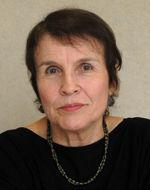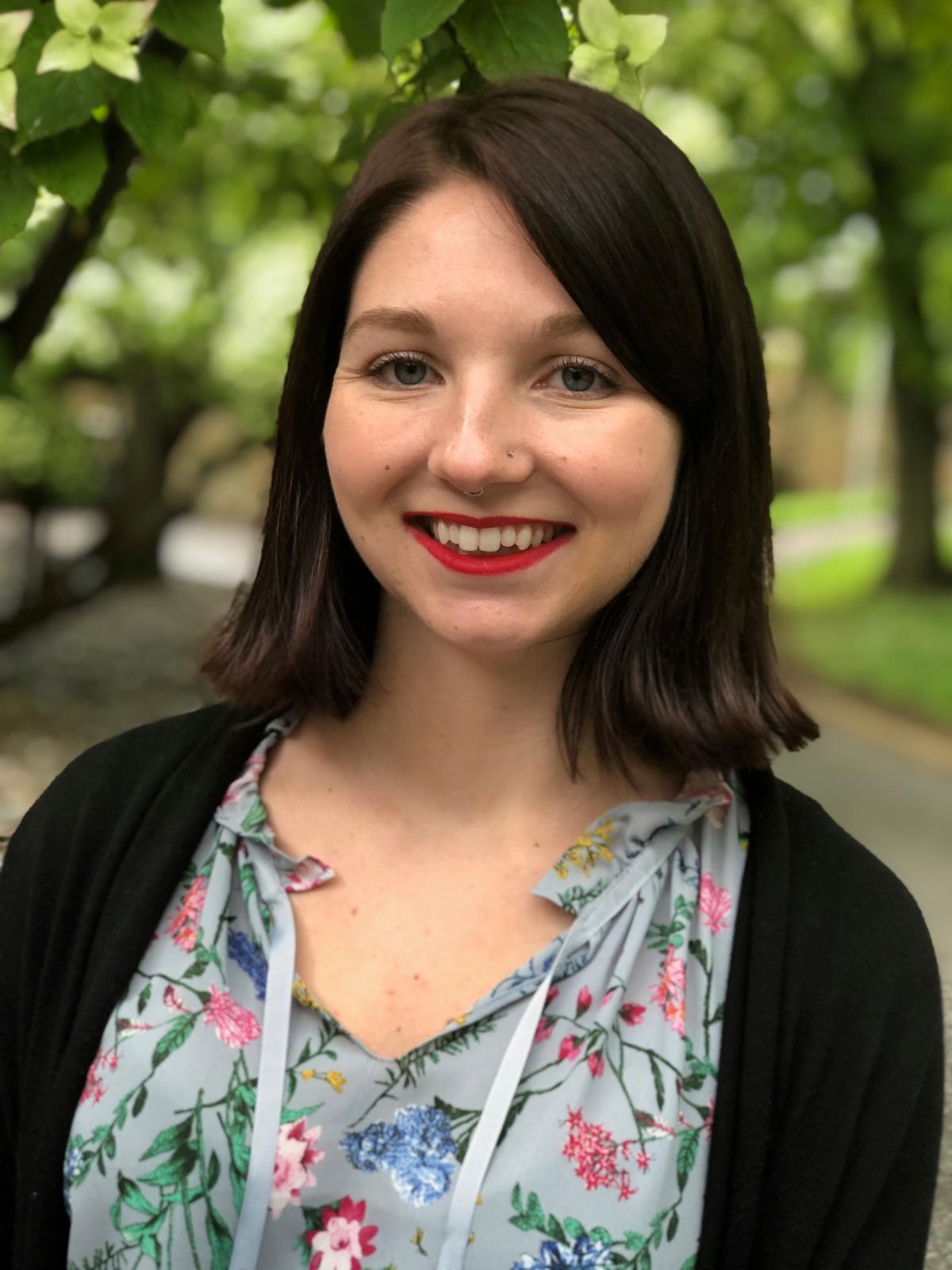|
|
|
Volume 6, No. 7
|
July/August 2019
|
|
|
|
| |
|
"A Sea Change" for Unions
by Jess Kozik
 A big win happened recently for the largest union representing Illinois state workers--the American Federation of State, County and Municipal Employees, or AFSCME, Council 31. The union has nearly 40,000 members. AFSCME Council 31 reached a deal with the state and has a new contract.
It
was approved "by a big margin," stated by Roberta Lynch. A big win happened recently for the largest union representing Illinois state workers--the American Federation of State, County and Municipal Employees, or AFSCME, Council 31. The union has nearly 40,000 members. AFSCME Council 31 reached a deal with the state and has a new contract.
It
was approved "by a big margin," stated by Roberta Lynch.
Philadelphia native Roberta Lynch leads AFSCME Council 31 as its Executive Director. She comes from a history of working with grassroots communities centered around labor and politics in Pittsburgh and Chicago. Before becoming the Executive Director, she served as Deputy Director for over two decades. In these roles Lynch has seen her fair share of labor battles.
AFSCME Council 31 had dealt with previous legal battles with former Governor Bruce Rauner for more than four years after the union's contract ended in 2015. A change in leadership has made quite the wave though. It took only about six months into Governor J. B. Pritzker's term for a new contract to be reached. As Lynch puts it, "There's been a sea change in the attitude toward working people that's emanating from the governor's office. We had a governor who aggressively sought to silence the voices of working people. Under Gov. Pritzker, we have a very different atmosphere."
The new contract will run through June 2023. Workers will initially receive a stipend of $625 as back pay for each of the past four years worked without raises, and then will receive a 1.5% pay raise in January 2020, a 2.1% pay raise in July 2020 and 3.95% pay raises in January
2021
and 2022. In addition to financial benefits, the deal also provides better maternity and paternity leave and protects against excessive forced overtime.
The future looks bright for Illinois unions, as seen by what has already been negotiated for AFSCME Council 31. The power of unions continues to highlight what can come from solidarity. Lynch states, "AFSCME members got through it by standing together and refusing to be bullied. Now state employees have a fair contract and, in Gov. Pritzker, an employer who respects their voice and values their work."
.......................................................................................................
|
ERA Reunion Held at UIC
by Helen Ramirez-Odell
|
|
 |
|
Photo by Sue Straus
|
 |
Veteran Feminists of America, the National Organization for Women, and the University of Illinois at Chicago organized an ERA Reunion at the UIC Daley Library on June 15, 2019 for activists to reconnect and reflect on their experiences in the Equal Rights Amendment campaign in Illinois, to preserve history from the second wave of the women's movement, and to "pass the baton" to the current generation of feminists. Oral histories were taken after lunch. Alan Greiman, former state representative who was chief sponsor of ERA in Illinois in the 70s came to greet and reminisce with the participants, and former state representative Lou Lang, chief sponsor of ERA when it passed in Illinois in May 2018, was a speaker. Chicago NOW president Paloma Delgadillo, and Illinois NOW president Michelle Fadelay spoke on NOW's recent involvement in the fight to pass ERA in Illinois and on the activism of the younger generation of feminists. After two thirds of Congress has passed a constitutional amendment, thirty-eight states must then ratify it. One more state is needed to ratify ERA in the United States. The UIC Daley Library at 801 S. Morgan St. currently features a special exhibit on the history of ERA in Illinois.
.......................................................................................................
|
Meet Sadie, WWHP's Media and Communications Intern
By
Jackie Kirley
 Sarah (Sadie) Tournour just graduated from Goucher College in Baltimore with a double major in history and environmental studies and a minor in Arabic studies. Along with a stellar GPA, she won the Phi Beta Kappa Brooke Pierce Award in the Humanities and Social Science; the Calvin Prize in History; and the Goucher Environmental Studies Prize. She was drawn to WWHP because of its "ongoing commitment to documenting the history of working women and making their narratives accessible to the public." What she saw in WWHP's mission dove-tailed with her passion for women's history, the history of gender and sexuality, and labor history. Her goal is to create podcasts using some of our collected stories about women, labor, and how they intersect.
Podcasts, in Sadie's mind, can be part of the process of creating a more accurate history. She credits two courses at Goucher College for developing her current understanding of history: "Thinking historically and studying history means using your imagination and thinking critically to try and empathize with people far removed from you in time and place." She also recognizes that what we take for granted as "history" is the narrative that has been written by those in power. "The role that power plays in the construction of history/historical memory is so great that, for me, the study of history is synonymous with the study of how power operates." Unless there is a way to make it possible for multiple historical actors to tell their stories, that dominant narrative will not change.
For people to think critically about the narratives they read or hear, they need information. "My biggest frustration as a history student was how inaccessible a lot of the material I was studying was to the general public." Her answer is to pursue the field of public history, a history that makes information available through museums, historically-based entertainment, monuments/memorials, and more. In other words, it is a history that is not limited to academia.
The medium Sadie plans to use to bring these narratives to the public is podcasts. Podcasts, in Sadie's mind, can be part of the process of creating a more accurate history. "Podcasts are an excellent and engaging mechanism for storytelling and discussion" and a good medium to reach younger people who may not be otherwise exposed to material covering women's history. Her goal is to create podcasts using some of our collected stories about women, labor, and how they intersect. WWHP is delighted to have the opportunity to collaborate with Sadie on this venture.
.......................................................................................................
|
|
Please join us for this event. Tickets are now on sale.
|
|
.......................................................................................................
|
|
.......................................................................................................
|
|
.......................................................................................................
|
|
Women's Equality Day is August 26, 2019
Women's Equality Day is August 26 each year. This day commemorates the adoption of the 19th Amendment to the U.S. Constitution in 1920 which gave women the right to vote. It also calls attention to women's ongoing efforts toward full equality. Congress designated the observance of Women's Equality in 1971 at the behest of U.S. Rep. Bella Abzug. |
|
.......................................................................................................
|
|
After more than two years of contributing well-researched and professionally written articles and editing for our newsletter, Jess Kozik, our editorial intern, has decided to move on. We thank her for all of her hard work and wish her the best in whatever comes next for her.
|
|
Working Women's History Project
Please contact us through Amy Laiken
312-402-4188
|
|
|
|
| |
|